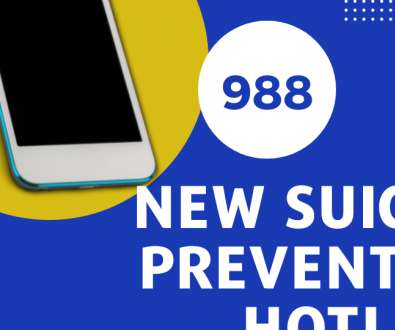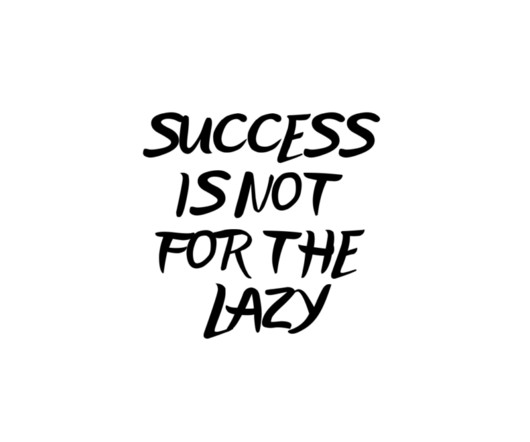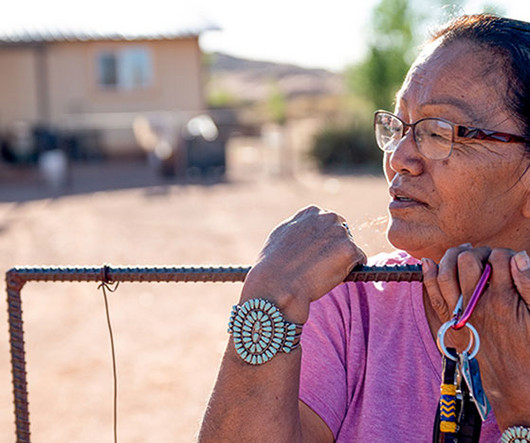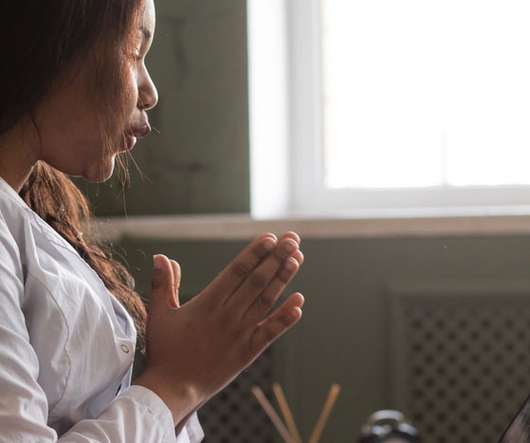Why the 988 Suicide and Crisis Lifeline is a Big Deal for Social Workers
Social Work Blog
AUGUST 8, 2022
The launch is equally momentous for behavioral health practitioners – especially social workers –who provide direct services to those with serious emotional and substance use disorders. This is a welcomed policy change for which the social work profession has espoused for several years.















Let's personalize your content